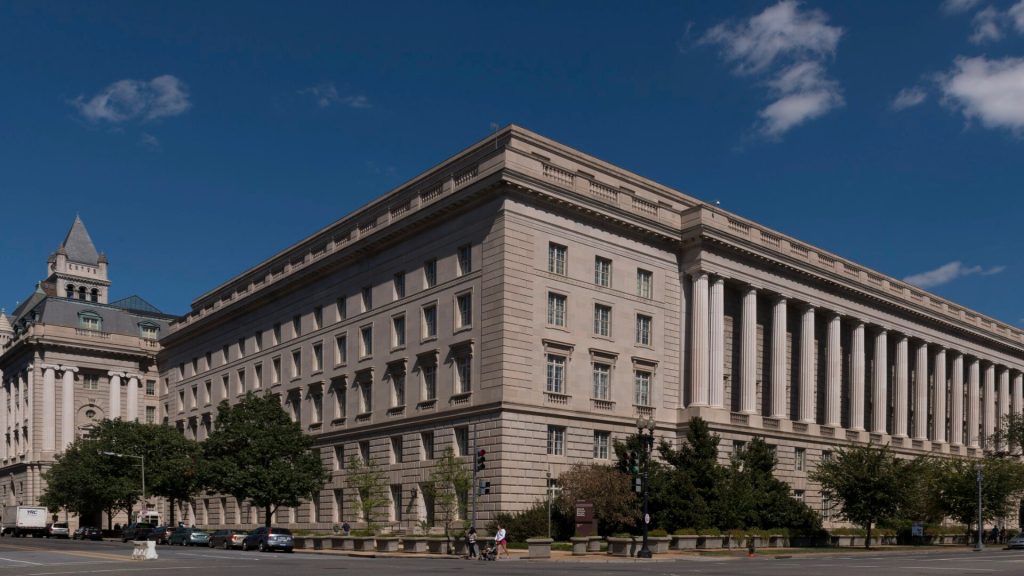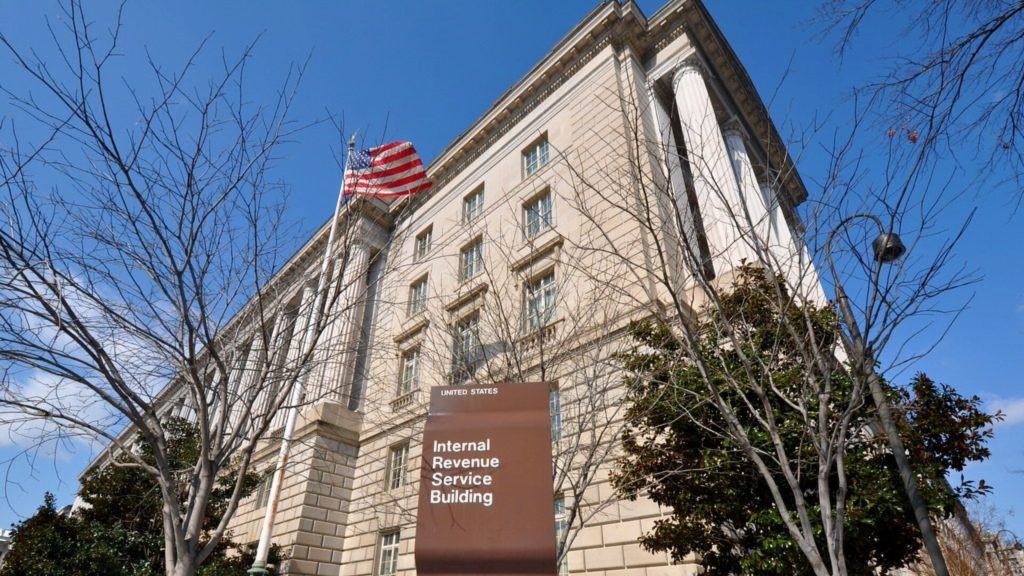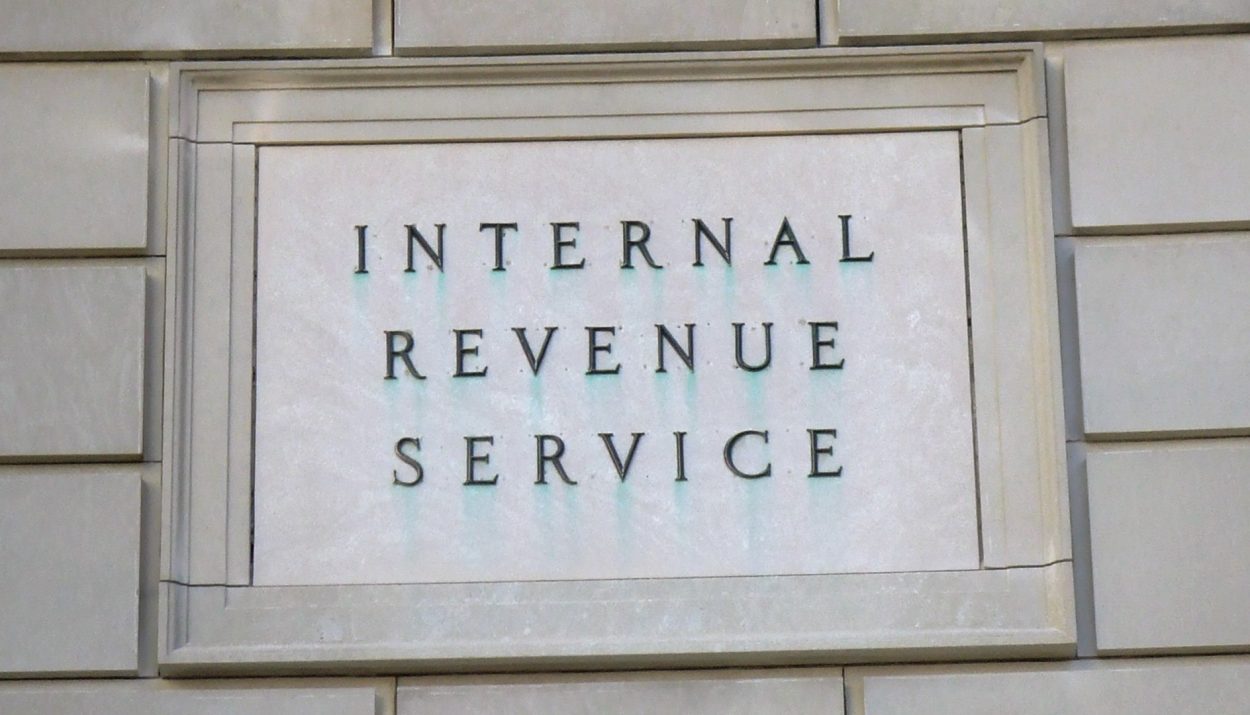The IRS decided to resume collection letter mailings in late January. As a result, quite a few people have noticed the IRS-labeled envelopes appearing in their mailboxes. Multiple reports confirm that the plan is for these collection letters to be sent out on a staggered schedule over the next few months.
Over 3.7 Million Taxpayers Could Receive A Reminder Notice
One report claims that over 3.7 million taxpayers could receive an IRS reminder notice in the mail over the next several months. An IRS spokesperson from Detroit, Luis Garcia, advises taxpayers to not overlook the envelope if and when received or decide to throw it away before reading it.

Garcia urged taxpayers “to first read the notice carefully.” If they have any questions or concerns regarding the content of the letter, he encourages them to “call the number on the notice itself.”
What Exactly Is The ‘LT38 Notice’ And Should You Panic?
The “LT38 Notice” is reportedly being sent out to the IRS now. The heading and title of the notice alone may confuse taxpayers simply because it is not a widely-recognized form letter.

The purpose of the LT38 Notice was simply to inform taxpayers that the IRS will start sending out reminders again. The agency will also start to provide updates on applicable outstanding balances in addition to options available to taxpayers that need assistance with debt resolution.
Important Details Included Within The IRS Notice
The IRS reminder letter provides an alert to applicable taxpayers of their outstanding balances. In addition, the letter references various methods that can be used by the taxpayer to resolve their respective debts.

The letter also reportedly provides taxpayers with a detailed breakdown of the penalty relief and other forms of assistance that they may qualify for to further alleviate their outstanding debt. Therefore, it is imperative that these notices be carefully reviewed instead of easily discarded – especially for those with outstanding tax debt.
IRS Will Waive Some Failure-To-Pay Penalties For Pandemic Years
The IRS announced back in December that it planned to waive some of the failure-to-pay penalties processed for eligible taxpayers. These qualifying taxpayers were reportedly affected by the pandemic shutdowns and other related issues.

However, it is important to note that the IRS will resume the failure-to-pay penalties in April for any taxpayer that is currently eligible to receive relief. It is estimated that nearly 5 million tax returns from tax-exempt organizations, estates, trusts, companies and consumers are eligible for some sort of relief.
The IRS Paused A Lot Of Collection Notice Mailing During The Pandemic
The IRS paused the mailings of quite a few collection letters during the pandemic as a courtesy. Similar courtesies were offered during the pandemic, such as the pause on student loan payments.

Another purpose of the LT38 Notice is to inform or remind taxpayers of the temporary suspension of the IRS-related mailings. More importantly, the document is used to notify taxpayers that the hiatus has ended and mailing will now resume.
How The IRS Dealt With Its Paper Backlog In Early 2022
Reminder notices were temporarily stopped by the IRS back in February 2022. This suspension was primarily in response to a paper backlog created due to the pandemic-related shutdowns.

The IRS decided to focus its limited staff and resources towards the massive paper backlog that it accumulated behind the scenes. Most of the backlog consisted of unprocessed tax returns and other correspondence received from taxpayers.
Who Can Disregard The LT38 Notice When Received?
Knowing exactly which notices from the IRS to keep versus which ones to discard may be a little daunting. This is especially the case for those anxious taxpayers that are not quick to open the envelopes and read the contents without hesitation.

However, the IRS has made it clear that there is no need to keep the LT38 notice is your outstanding balance has already been paid in full within the last 21 days. An initial notice about the suspensions was sent out prior to 2022.
Other Reasons For Notices Sent By The IRS
Outstanding balances and questions about your tax return are just two of the reasons why the IRS may send you a notice. According to the IRS website, you may also receive a notice if you were due a smaller or larger refund.

The IRS may also need to verify your identity or gather additional information from your household. There may also be delays when it comes to processing your tax return or changes made to your return that need your confirmation.
The IRS Instructs Taxpayers To ‘Read, Respond, and Pay’
On the IRS website, they break down the three key steps that taxpayers should take when receiving any notice from the agency. First, they are instructed to read the letter or notice since it “contains a lot of valuable information.”

The next step is to respond by the specific date outlined within the letter or notice to minimize additional penalty fees and interest charges. Doing so will also help taxpayers to preserve their “appeal rights if you don’t agree.” The third step is to pay, if required.
Online Payment Plans Are Still Available For Taxpayers In Need
In all IRS-related correspondence and on its website, the agency has made it clear that there are online payment options available for taxpayers to use. There are even Offer in Compromise options and Online Payment Agreements that most taxpayers will find very helpful.

However, it is very difficult for the IRS to educate and inform taxpayers on the various relief options and payment assistance methods if its notices are not read when received. The IRS website further advises taxpayers to keep a copy of all letters and notices sent to them by the IRS with their tax records. According to the IRS, taxpayers “may need these documents later.”






